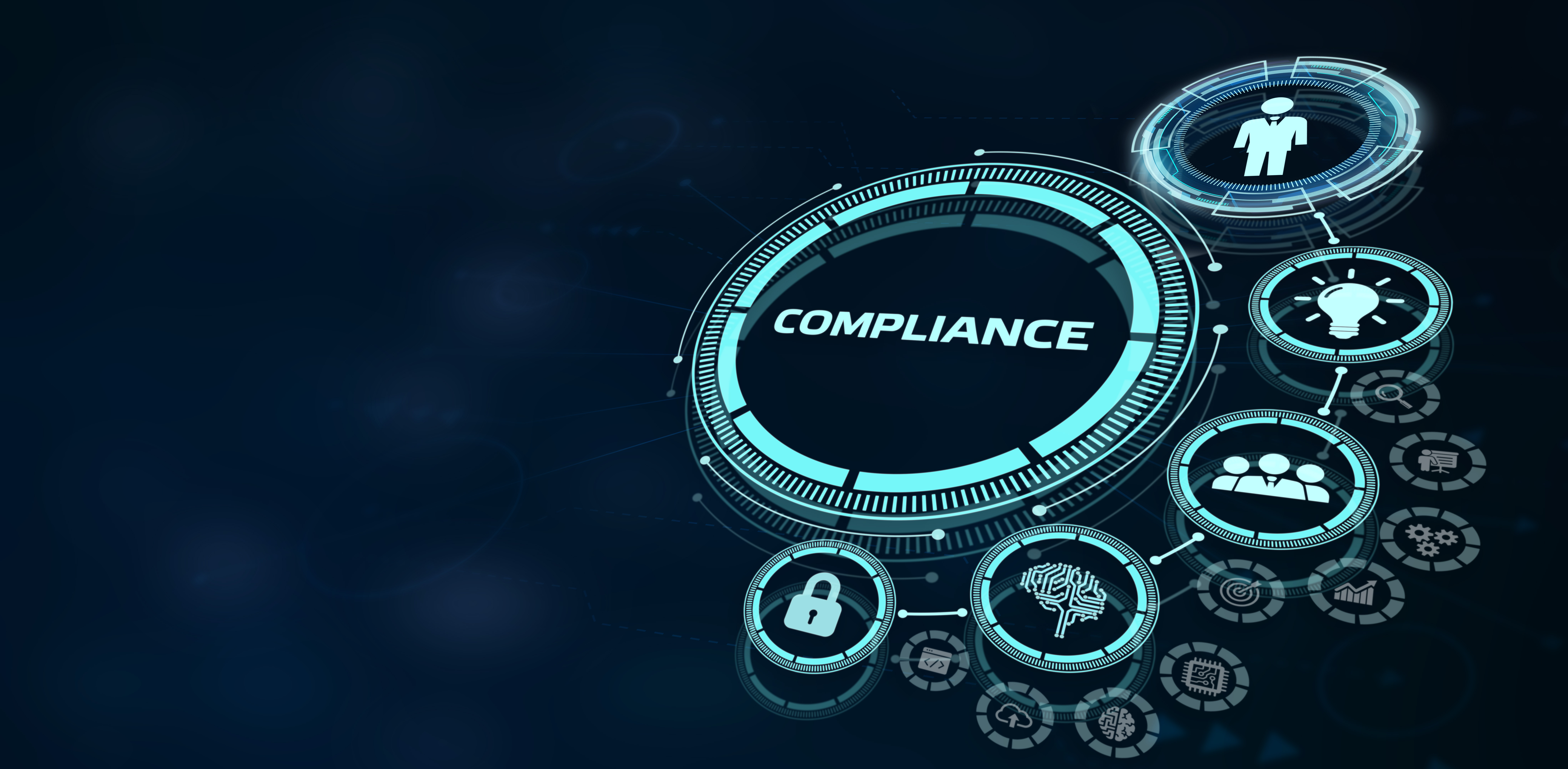GRC Basics: What MSPs Should Know

As an MSP, you manage a variety of tasks, from network maintenance and cloud storage solutions to cybersecurity and data. However, there's another dimension that can significantly impact your business and the quality of service you provide—Governance, Risk Management, and Compliance (GRC).
What is GRC?
Governance, Risk Management, and Compliance (GRC) are three interrelated facets that matter to any business, but they are particularly crucial for MSPs who manage sensitive data and complex systems for their clients.
- Governance refers to the set of practices and processes that ensure an organization is effectively managed and meets its objectives.
- Risk Management is the identification, assessment, and prioritization of risks, followed by coordinated actions to mitigate or control the impact of those risks.
- Compliance ensures that the organization adheres to laws, regulations, and internal policies.
Why GRC Matters to MSPs
Enhanced Decision-Making
Implementing a robust GRC framework ensures that your organization’s governance structures are not just compliant but optimized. A well-governed MSP will make better strategic and operational decisions, impacting both profitability and client satisfaction.
Risk Mitigation
As an MSP, you're the custodian of not just your data but also that of your clients. Risk management ensures that you have a comprehensive understanding of potential vulnerabilities and threat vectors. This enables you to prioritize your resources effectively, focusing on high-risk areas that could be exploited.
Compliance and Trust
Noncompliance with GDPR, HIPAA, SOX, and others are simply not an option for MSPs. These stringent compliance standards aren't just legal necessities but badges of trust and reliability in the eyes of your clients. A GRC framework ensures you’re always compliant, allowing you to use this as a unique selling proposition.
Business Continuity
Risk management is also tied closely with business continuity planning. Having plans and protocols in place ensures that you can respond to and recover from disruptions quickly. This not only protects you but also ensures your clients experience minimal downtime.
Implementing GRC in Your MSP Business
Step 1: Identify and Assess
The first step in building a GRC framework is identifying governance requirements, risks, and compliance standards relevant to your business. You should then assess how your current operations measure up to these.
Step 2: Strategy and Policy Development
Based on your assessment, develop a GRC strategy aligned with your business objectives. This should be translated into operational policies that define roles, responsibilities, and processes.
Step 3: Technology Solutions
A software solution can automate and streamline governance, risk management, and compliance activities. These tools can integrate into your existing systems, providing real-time dashboards, alerts, and reporting capabilities.
Step 4: Training and Awareness
For a GRC framework to be effective, every member of your team must be aware of its importance. This involves training sessions, regular updates, and perhaps most importantly, fostering a culture that respects the principles of good governance, effective risk management, and stringent compliance.
Step 5: Ongoing Monitoring and Improvement
Implement regular audits of your GRC framework to assess its effectiveness. Based on these, make the necessary adjustments to your strategies, policies, and tools.
Conclusion
GRC is not just a list of chores to comply with or a set of challenges to overcome; it's a strategic enabler that can provide you with a significant edge in a competitive marketplace. By integrating Governance, Risk Management, and Compliance into the fabric of your MSP business, you’re not just ticking boxes but building a more robust, more reliable, and more profitable enterprise.
The ConnectSecure cybersecurity platform facilitates ease of GRC management. Sign up for a free 14-day trial today or take a group demo to see ConnectSecure in action.
Keep reading
Selling cybersecurity: What MSPs can tell clients about attack surface
ConnectSecure helps MSPs address critical WebP vulnerability



